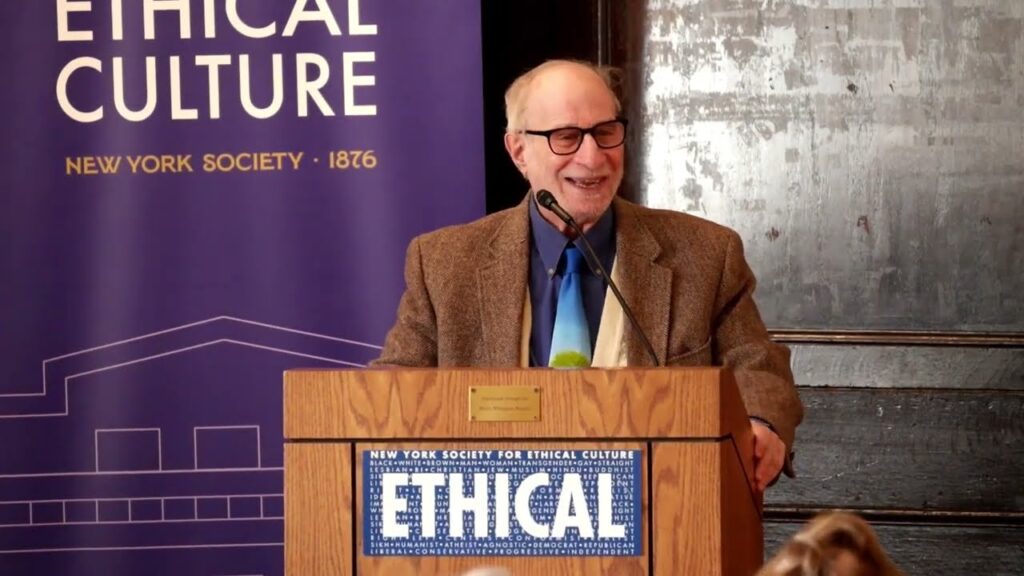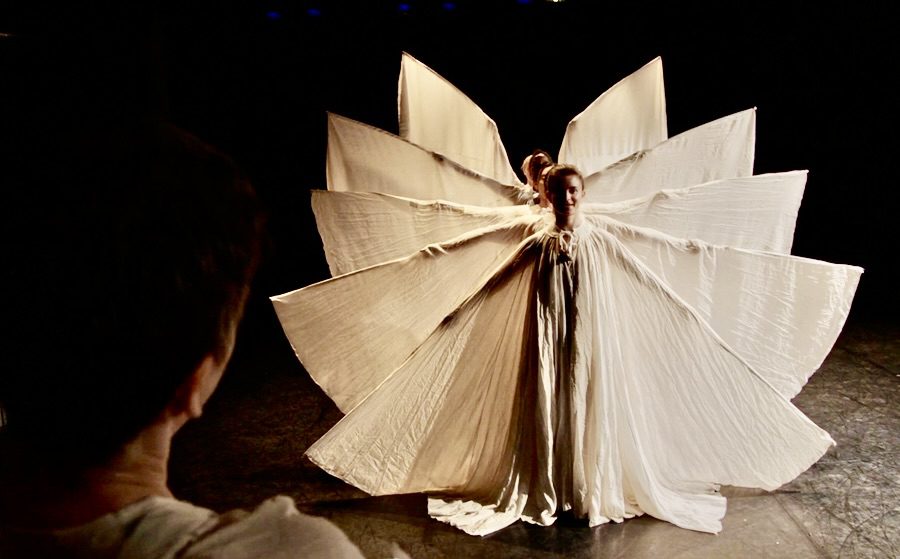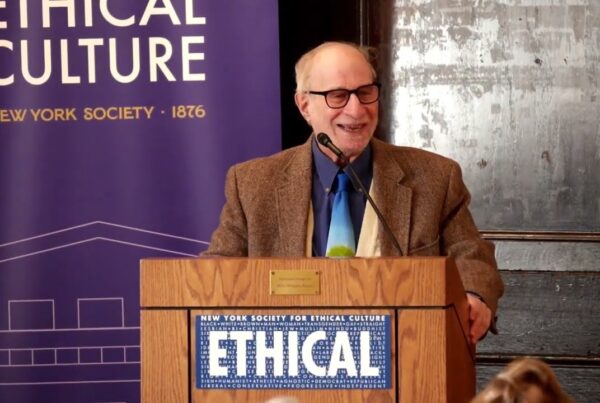For millennia, people from different ethnic, religious, and cultural traditions have resided together in nonconsanguineous extended households. Whether these were small groups sharing tribal longhouses; celibate, pious, and ascetic cenobites settled in monasteries, convents, or beguinages; or secularists fully engaged with the world and living in colleges, phalansteries, or planned microdistricts, many of our ancestors rejected the isolation of the individual dwelling shared only with a handful of one’s blood-related or legally recognized kin. Our architectural options today reflect a specific set of choices about the ideal habitat for human flourishing, choices often born of our past attachments to patrilineal and patrilocal traditions. How might we live differently?
That we are utopians is well known. So utopian are we that we go the length of believing that the revolution can and ought to assure shelter, food and clothes to all.
-Pyotr Kropotkin, 1892
Kristen R. Ghodsee is a Professor of Russian and East European Studies at the University of Pennsylvania and the critically acclaimed author of Why Women Have Better Sex Under Socialism: And Other Arguments for Economic Independence, which has been translated into fifteen languages. Her writing has been published in The New York Times, The Washington Post, The New Republic, Le Monde Diplomatique, and Jacobin, among other outlets, and she’s appeared on PBS NewsHour and France 24 as well as on dozens of podcasts, including NPR’s Throughline, New York magazine’s The Cut, and the New York Times’s Ezra Klein Show.






